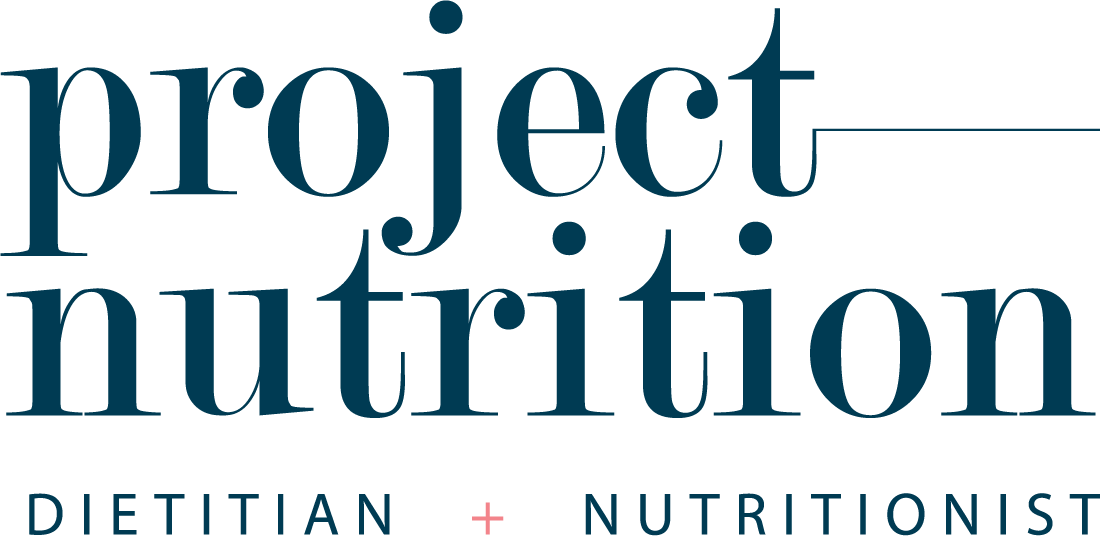How to improve progesterone levels naturally
Progesterone is an essential hormone for women’s health & fertility and I have quite a soft spot for this hormone! I was missing out on this important hormone for far too long & it ended up being a key player in my own fertility journey.⠀If you struggle with irregular cycles, long cycles, spotting or recurrent miscarriages, keep reading because these all have one thing in common, they can be caused by low progesterone. ⠀⠀⠀⠀
What is progesterone
Progesterone is a hormone that is secreted by the corpus luteum in your ovary in the second half of your menstrual cycle after you ovulate. A small amount of progesterone is also made by your adrenal glands & if you’re pregnant, your placenta will eventually make most of the progesterone.
Progesterone’s main role in the body is to help prepare the lining of your uterus for a possible pregnancy. If you don’t become pregnant, your progesterone levels begin to drop & you have your period. If you do conceive, progesterone continues being produced & helps to further prepare your uterus so that the fertilised egg can implant successfully & your pregnancy can be maintained.
Signs of low progesterone ⠀⠀⠀⠀⠀⠀⠀
When you don’t ovulate, or only produce small amounts of progesterone after ovulation, you might have some of he following symptoms:
Irregular or absent periods⠀⠀⠀⠀⠀⠀⠀⠀⠀
Abnormal bleeding or spotting⠀⠀⠀⠀⠀⠀⠀⠀⠀
Recurrent miscarriages⠀⠀⠀⠀⠀⠀⠀⠀⠀
Decreased sex drive ⠀⠀⠀⠀⠀⠀⠀⠀⠀
Weight gain⠀⠀⠀⠀⠀⠀⠀⠀⠀
Migraines or headaches⠀⠀⠀⠀⠀⠀⠀⠀⠀
Mood changes ⠀⠀⠀⠀⠀⠀
⠀⠀⠀
What causes low progesterone?
Low progesterone due to anovulation or irregular ovulation is one of the most common reasons for low progesterone levels & this is why low progesterone can be common in conditions such as Polycystic Ovary Syndrome (PCOS). There can be a number of reasons why your progesterone levels might be low so it’s always important to see a medical doctor for full investigations.
How to increase progesterone naturally
Achieve a healthy weight
Either not having enough body fat or a having a body fat percentage that is too high can impact on ovulation & your bodies ability to produce progesterone naturally. Having a higher body weight makes you three times more likely to struggle with irregular periods. If you’re weight is either too low or higher than ideal, it might be worth speaking with one of our fertility dietitians about how you can optimise your weight in a healthy, sustainable way that will enhance your fertility, not decrease it. If you need help & support with this, you can book an online consultation here
2. Ovulate Regularly
One of the best ways to naturally increase progesterone is to focus on diet & lifestyle strategies to support healthy, strong & regular ovulation.
Nutrition & lifestyle strategies that can help support you ovulate regularly & have a regular period include:
Choosing good quality, low GI carbohydrates
Reducing your glycaemic load & eating the right amount of carbohydrates for your individual needs
Including more plant based proteins in your diet
Increasing your intake of foods rich in omega 3 fats & reducing your intake of foods high in saturated & trans fats
Eating enough calories for your individual needs & avoiding restrictive diets
Reviewing & reducing your alcohol intake
Optimising your iron levels
Reducing stress
Prioritising adequate sleep
3. Focus on Vitamin C
Vitamin C has a number of important roles in the body including supporting immune function, wound healing & skin health. Vitamin C is also a powerful antioxidant & emerging research shows that Vitamin C intake is linked with higher progesterone levels.
foods rich in Vitamin C include citrus, berries, kiwi fruit, papaya, capsicum, brussel sprouts broccoli & cauliflower.
4. Focus on Vitamin B6
Vitamin B6 is a nutrient that is involved in making cells & hormones, including the hormone progesterone. One study found that Vitamin B6 supplementation helped to reduce estrogen & increase progesterone levels. Foods that are rich in Vitamin B6 include peanuts, pork, chicken, bananas & oats.
If you are looking to support progesterone production through nutrition, check out my Nourishing Implantation E-Guide where I discuss in detail, key foods to include to boost progesterone levels for fertility
